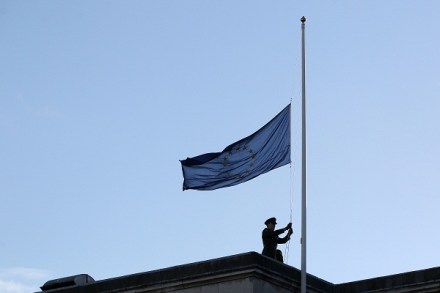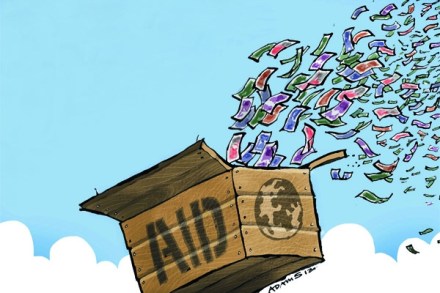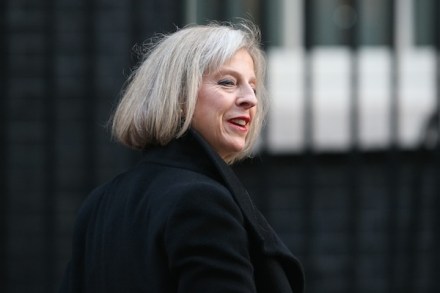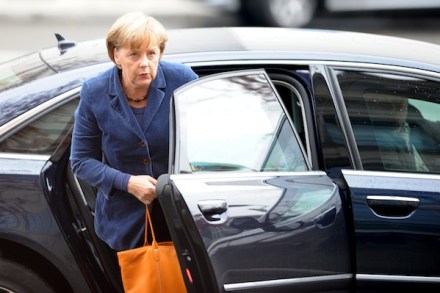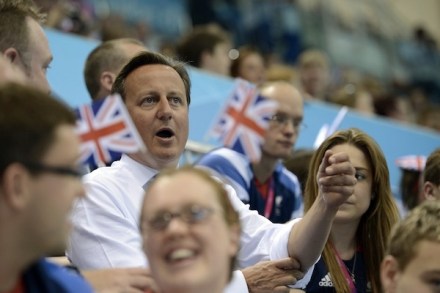Cameron readies childcare package
David Cameron and Nick Clegg will launch the coalition’s mid-term review tomorrow. There will be some announcements in it. But I understand that some of the most interesting, new coalition policies are being held out from it. The government wants to keep some of its powder back for later. There are also some final details to be worked out in certain areas. I’m informed that there’ll be a Quad on childcare this week. The coalition is close to agreement on a package which, as I say in the Mail on Sunday, would see working mothers receive thousands of pounds of help with childcare costs for the under fives. This will




